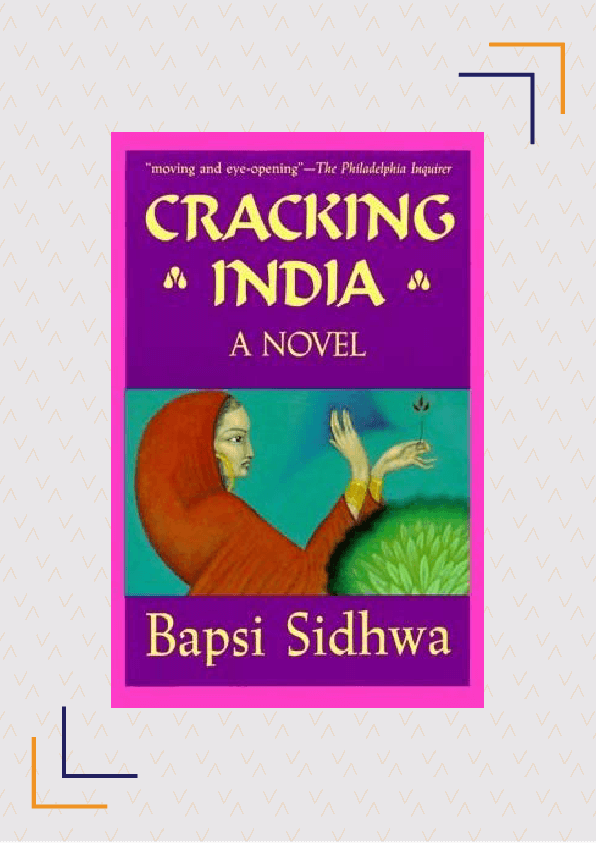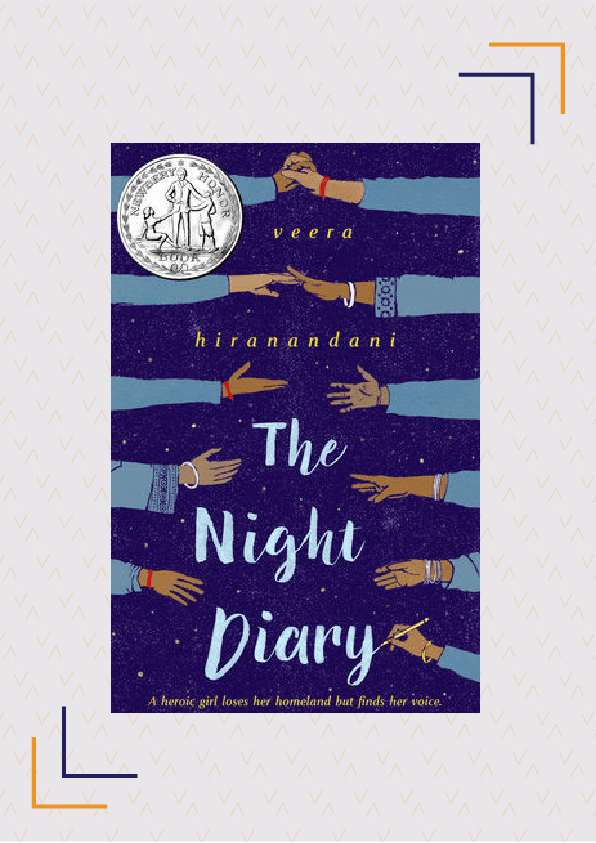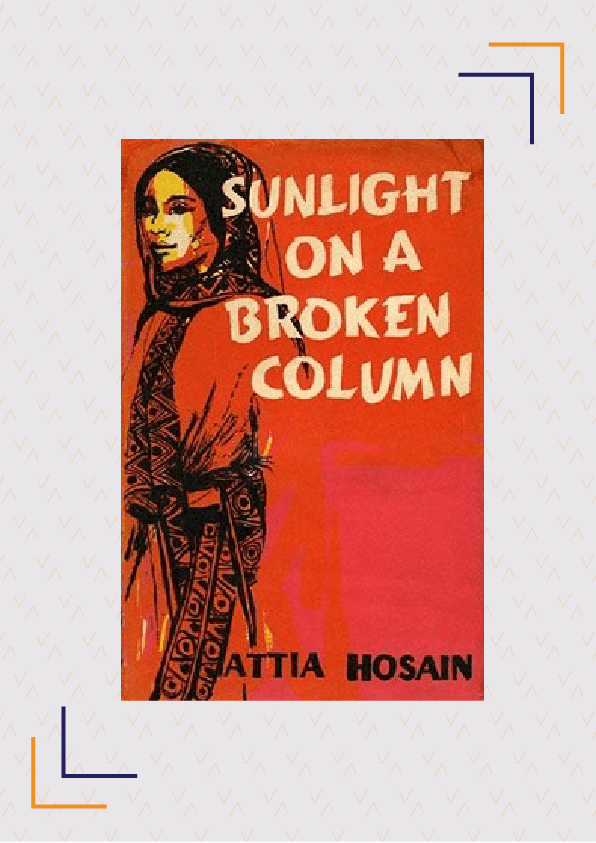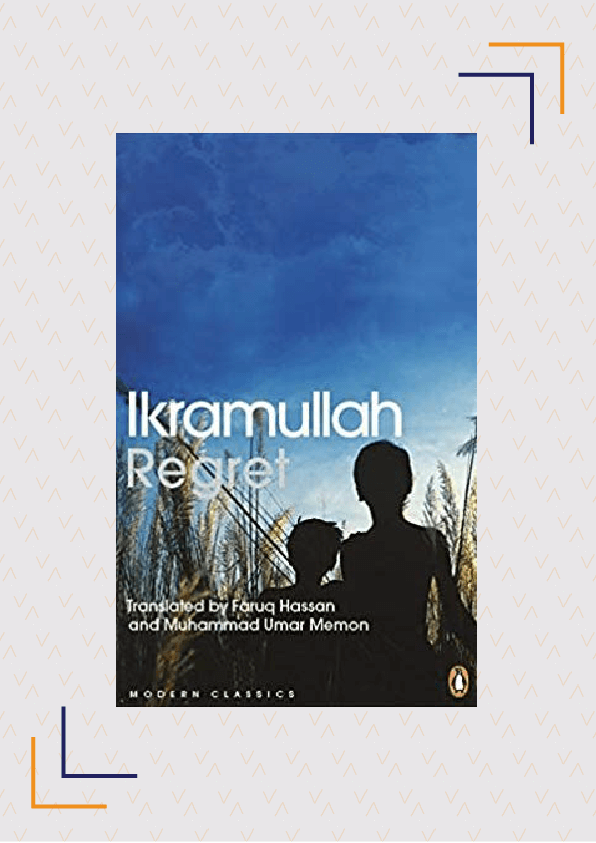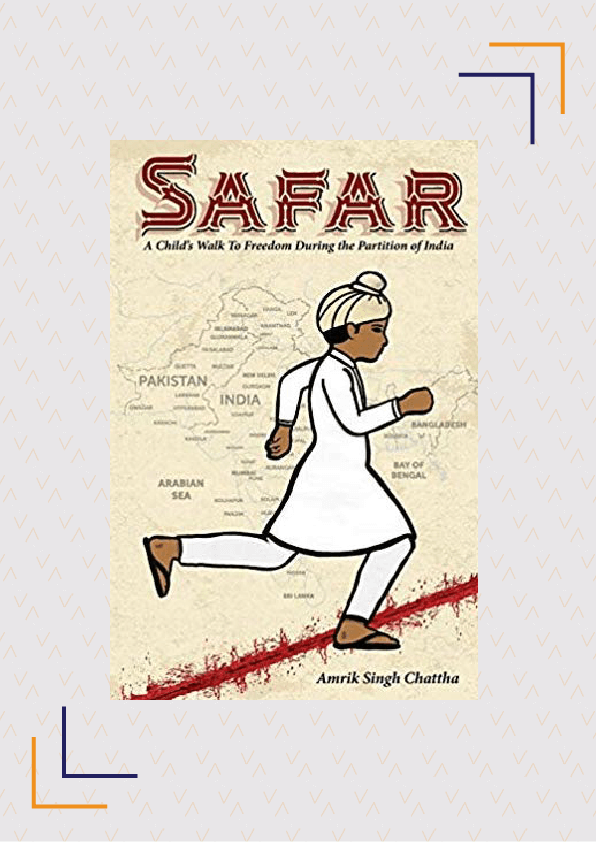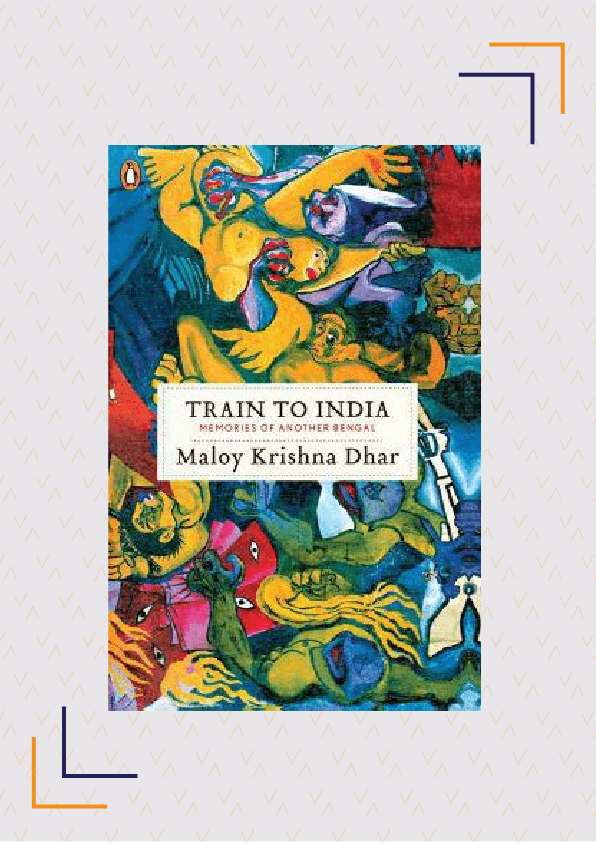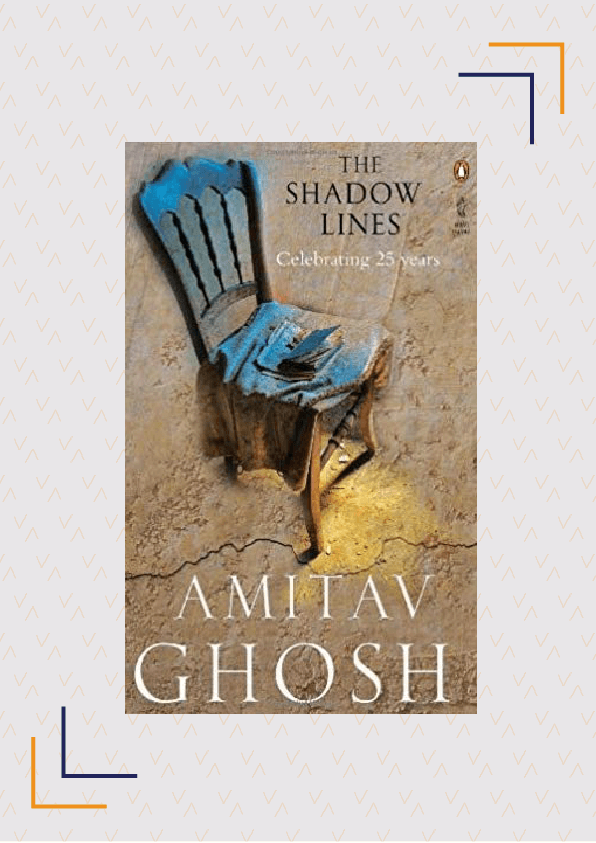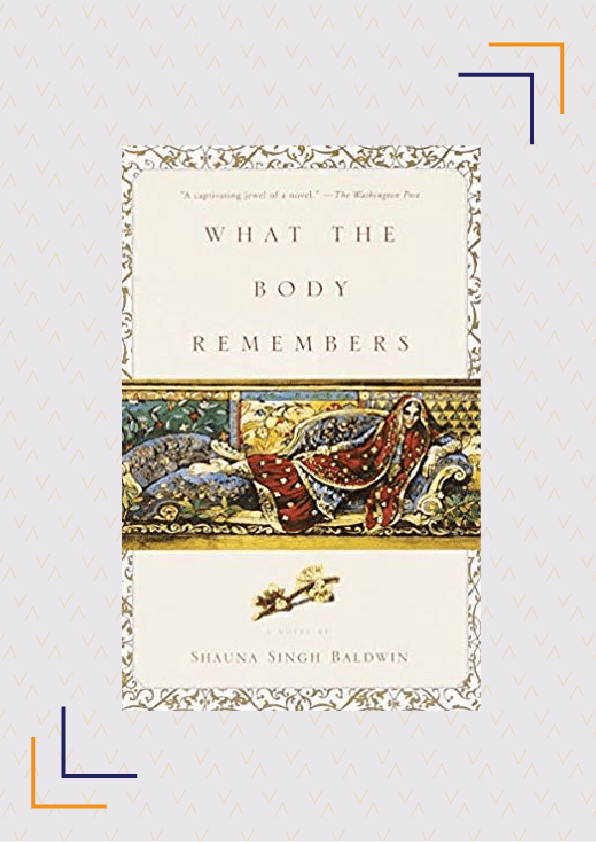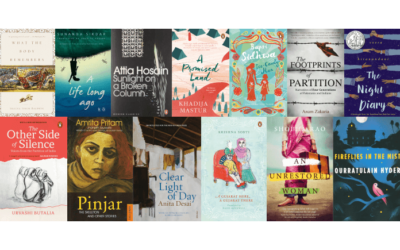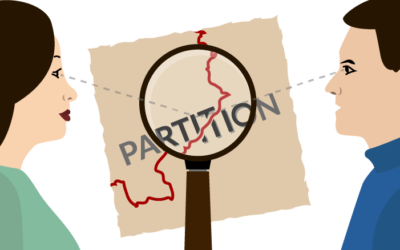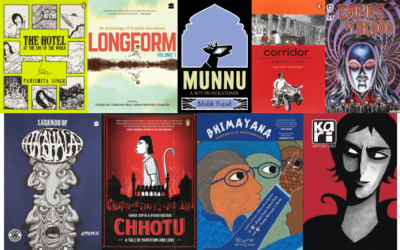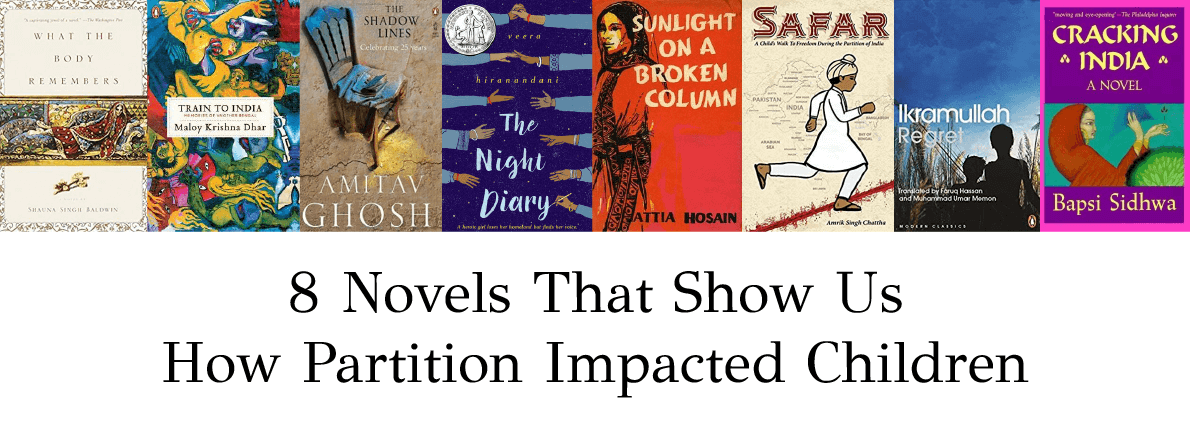
When we think of India’s partition we think of all the women who were raped, kidnapped or murdered, the multiple people who lost their lives due to the violence and the trains full of dead bodies that drove into stations in both India and Pakistan. While these tragedies were horrific and need to be remembered, we should also spend some time thinking about how Partition impacted children. Children’s minds are vulnerable and impressionable, and seeing such violence and suffering at such close quarters can have a lasting impact on them. Here are eight books, a mix of fiction, non-fiction and autobiographies, which tell of Partition from the point of view of a child or how Partition impacted children.
01
Cracking India
Bapsi Sidhwa
Originally published as Ice Candy Man, Cracking India is told from the perspective of Lenny Sethi, a four-year old Parsi girl, living in Lahore, and suffering from polio. She is very close to her ayah, Shanta, a Hindu girl. As violence and religious strife spreads through the city, Lenny unknowingly betrays Shanta and a Muslim mob carries her off. The novel is told almost entirely in the present tense, making the horrors seem all the more vivid and real, and not a distant memory. This novel will make you think about how Partition impacted children in the wake of losing someone close to them as a result of it.
Buy it here.
02
The Night Diary
Veera Hiranandani
Although technically a young adults novel, everyone should read this stunning epistolary work, which features a 12-year-old half-Muslim, half-Hindu girl, Nisha, as she is displaced from her home in Pakistan and is forced to move to Jodhpur due to the rising violence during Partition. Nisha loses her mother in child-birth so she writes ‘letters’ to her during her perilous journey (partly by train and partly by foot). With each letter, you see the fears children faced when they were displaced and lost their homeland and the ensuing identity crisis that arose.
Buy it here.
03
Sunlight On A Broken Column
Attia Hosain
This novel is as much about a personal journey of independence as it is about the freedom struggle and Partition of India. In 1930s India, Laila is a young orphaned girl, and although she goes to a ‘Western’ school, she is still forced to keep purdah by her strict aunt and guardian. As ideas of freedom and revolution start gripping the nation, Laila is more concerned about her own freedom than the country’s. As she finally rebels against her orthodox upbringing, her personal journey is juxtaposed against India’s journey to Independence and raises poignant questions of how tough it was for ‘secular’ Muslims to choose whether to remain in India or migrate to Pakistan during Partition.
Buy it here.
04
Regret
Ikramullah, Faruq Hassan (Tr.) & Muhammad Umar Memon (Tr.)
This collection of two novellas, Regret and Out Of Sight is translated from Urdu, and is “defined by Partition without being ‘about’ it.” The first story, Regret, is about two inseparable childhood friends, Saeed and Ehsan. However, once Saeed’s father decides to pull him out of a Muslim school and enrol him in a Government school, their lives and ideologies change forever. As Saeed develops friendships with Sikh and Hindu boys and becomes more secular in his thinking, Ehsaan becomes a staunch supporter of Jinnah and starts clamouring for the Muslim-only country of Pakistan. Out Of Sight, while not from a child’s perspective, also covers aspects of Partition. This short novel shows you how impressionable young minds can be and how a desire for Partition led them to hate other religions and communities.
Buy it here.
05
Safar: A Child’s Walk To Freedom During The Partition Of India
Amrik Singh Chattha
This autobiographical first person narrative tells of Partition from the perspective of Chattha, a 10-year-old Sikh boy. Forced to migrate to India, Chattha experienced a high degree of violence and trauma in his childhood. In this novel, not only does he explore the long-lasting ill effects of Partition on children but also tells of the horrors he faced. Interestingly, he also discusses the historical and political factors that led to Partition.
Buy it here.
06
Train To India: Memories Of Another Bengal
Maloy Krishna Dhar
Sadly, the partition of Bengal is usually not spoken about or discussed when we talk about the Partition of India. Told by way of a first-person narrative, as 10-year-old Dhar boards a train from Bhairab to India with his mother, he notices an ominous white chalk mark on his carriage- a sign of the violence to come. While crossing a bridge, a blob of fresh blood hits his face and he witnesses massacred bodies left to rot in rivers and villages burnt to the ground. He narrowly escapes with his life, and lives to tell this heart-wrenching tale which is about the forced displacement of Bengalis during Partition.
Buy it here.
07
The Shadow Lines
Amitav Ghosh
Amitav Ghosh’s The Shadow Lines not only shot him to fame but also won him a Sahitya Akademi Award in 1989. The narrator of the story is a young eight-year-old boy whose family has had to move to Calcutta after Partition, and whose grandmother’s only wish is to reunite with the rest of her family that is still in Dhaka. The idea of dislocation and identity-crisis is brought out even more when the grandmother rages about how she now needs to call herself ‘Indian’ and not ‘Bengali’ in her official papers. As the family travels back to Dhaka, they face unexpected horrors that alter their lives forever.
Buy it here.
08
What The Body Remembers
Shauna Singh Baldwin
In Baldwin’s Commonwealth Writer’s Prize-winning What The Body Remembers, you will meet Roop, a young 16-year-old motherless girl, living in poverty with her debt-ridden father. She is chosen to be the second wife to a rich Sardar, and she believes she will become good friends with his first wife. But, she soon realises that the relationship is more complex. As India moves towards Independence and Partition, her life is thrown further into turmoil as her family struggles to stay in their homeland and not lose their wealth. This novel exposes you to the anguish felt by those who suddenly became penniless and landless due to no fault of their own, and the alacrity with which a young girl is forced to grow up and deal with displacement. It is not only a take on feminism but also a lesson in India’s political history.
Buy it here.

As a young boy, Nirbhay had the annoying habit of waking up at 5 a.m. Since television was a big no-no, he had no choice but to read to entertain himself and that is how his love affair with books began. A true-blue Piscean, books paved the path to his fantasy worlds- worlds he’d often rather stay in. Nirbhay is the co-founder and publisher of The Curious Reader.
You can read his articles, here.

